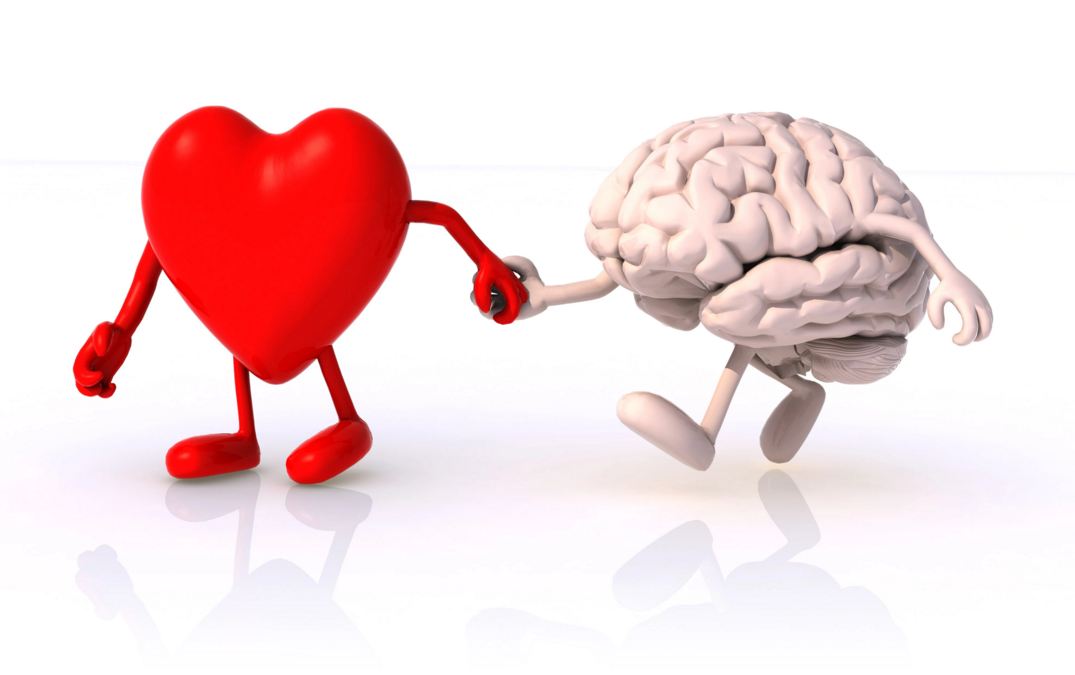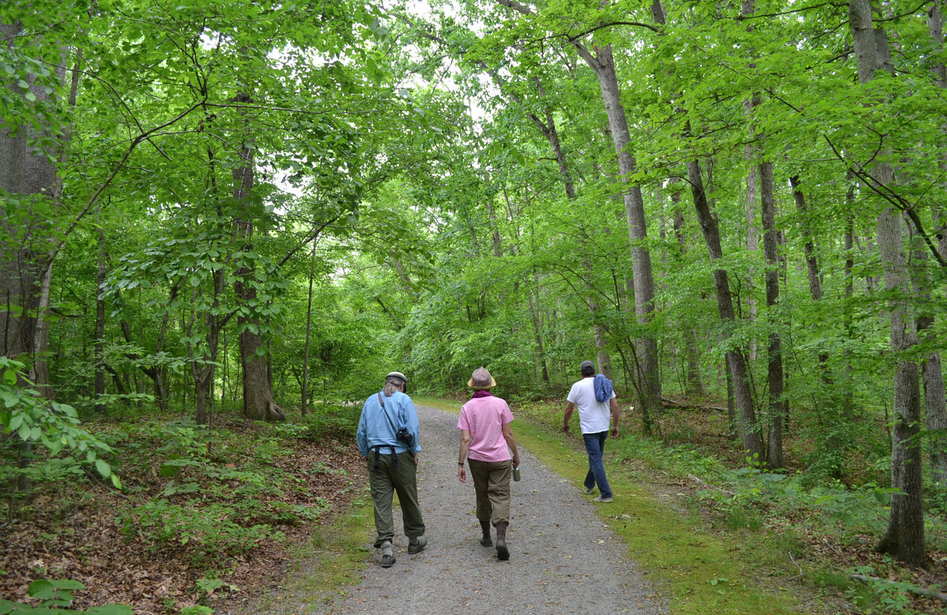 By Douglas LaBier • January 26, 2021
By Douglas LaBier • January 26, 2021
Is it possible to become the person you hope to be as you age? The most positive version of yourself that embraces, yet transcends, the losses and declines that are part of life? Some recent research suggests that it is.
For example, a study from Oregon State found that how you envision the person you want to be as you become older is a good predictor of who you do become. That’s encouraging, though a bit mystifying, because there’s a missing piece: What, in fact, is it that could enable you to actually become that version of yourself? Actually, some answers are hiding in plain sight.
First, take a look at what we already know. How people perceive their lives at age 50 is a good predictor of their health decades later—including their cardiovascular system, their memory, hospitalizations, and even their mortality. And research has found that happier people are also healthier as they age. The question is, what accounts for those associations? And more importantly, what might enable you to consciously create a positive version of yourself over time?
To explore that, the researchers from Oregon State University looked at what fuels the self-perceptions that become associated with positive aging in people’s later years. They honed in on factors that are more than just your inherited biological tendencies—for example, how you consciously envision your future life to begin with, dimensions of your personality, your overall outlook on life, or your spirit.
Their findings were published in The International Journal of Aging and Human Development. In essence, the research found that If you believe you’re capable of becoming the person you want to be as you become older, that’s who you’re more likely to become. Continue reading

















































